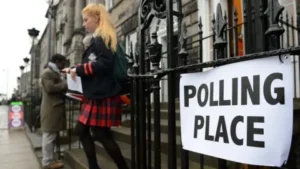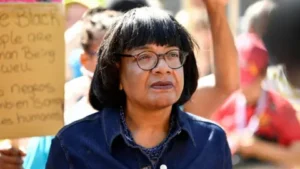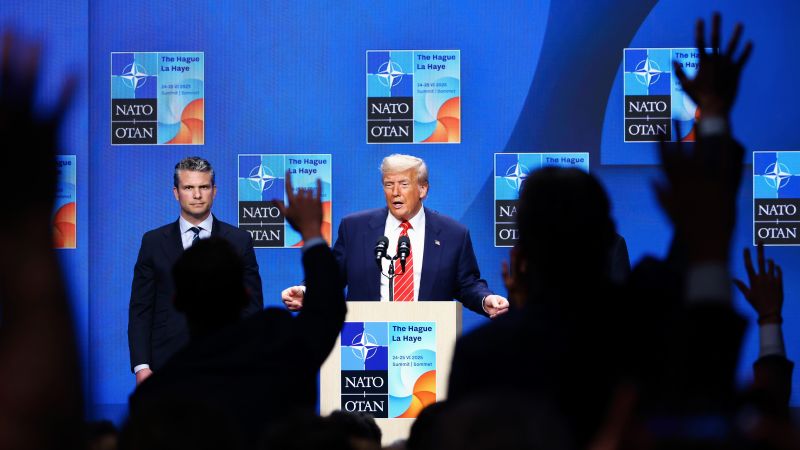Journalism plays a pivotal role in holding power to account, and its essence boils down to one fundamental responsibility: to ask questions, evaluate the answers, and relay the findings to the public. This critical function is designed to inform citizens about government actions and ensure transparency. However, in recent years, tensions have escalated between the media and certain government officials, notably during the Trump administration, where the act of scrutiny has been categorized as unpatriotic.
In the wake of U.S. airstrikes in Iran, President Trump publicly criticized CNN for its reporting that contradicted his optimistic declarations about the effectiveness of military operations targeting Iran’s nuclear enrichment sites. Trump took issue not only with CNN’s coverage but also with that of The New York Times, asserting that both outlets sought to undermine the achievements of U.S. military pilots. He expressed this sentiment on social media platform Truth Social, accusing the media of belittling the efforts of the B-2 pilots involved in the strike.
Contrary to the president’s claims, CNN and The New York Times maintained that their reporting was not intended to demean anyone, but rather to present a balanced view of the ongoing situation. CNN’s Jake Tapper responded to the president’s accusations, emphasizing that questioning the success of a military operation does not equate to disrespecting servicemembers. Instead, he argued that in times of war, asking critical questions of leaders is not only patriotic but necessary.
Historical precedents illustrate the importance of holding governments accountable and seeking clarity on military engagements. Past administrations have been known to mislead the public about the realities of war, often justifying military actions with embellished or misleading narratives. In recent history, when President Joe Biden decided to withdraw U.S. forces from Afghanistan, CNN was among the networks that meticulously reported on the unfolding humanitarian crisis, encapsulating the chaos that ensued, and labeling the situation as a “botched exit” by the administration.
The stakes associated with military operations are high, often involving the lives of service members and civilians alike. Journalists, therefore, carry the imperative to investigate the truth behind official narratives. Matt Welch, writing for Reason magazine, articulated that every administration is prone to distortions regarding the rationale for war, urging the public to remain vigilant and critical rather than complacent when conflicts arise.
The Trump administration’s strategy of framing scrutiny of military operations as an affront to patriotism appears to serve a dual purpose—both as a means of rallying support among his base and as a way to deflect criticism. At a recent NATO summit press conference, Trump claimed that the B-2 pilots felt “devastated” by reports questioning the effectiveness of their mission. This assertion was countered by NBC correspondent Kelly O’Donnell, who pointed out that inquiries into intelligence assessments do not equate to doubts about the capabilities of U.S. military personnel.
Despite the administration’s narrative, Jake Tapper stressed that no one contests the valor of American pilots; the essential issue lies in understanding the results of military operations and the overall status of Iran’s nuclear capabilities. He reiterated that journalists have a duty to report facts, irrespective of potential backlash from political figures.
In response to Trump’s allegations that The New York Times conspired with CNN to undermine military actions, the Times clarified that while Trump labeled their reporting as “fake news,” he simultaneously recognized the validity of the preliminary intelligence report their article was based on. CNN also expressed unwavering support for its reporter Natasha Bertrand, stating that accurate reporting of the intelligence assessment is in the public interest and does not warrant criticism.
In conclusion, the interaction between government officials and the media reflects broader tensions in democratic societies, where the quest for truth can sometimes clash with political narratives. The role of journalists in questioning and investigating claims, especially those surrounding military actions, is essential to maintaining informed consent of the governed. Ultimately, the pursuit of truth, even when it is uncomfortable or contradicts prevailing narratives, remains a cornerstone of responsible governance and democracy.











